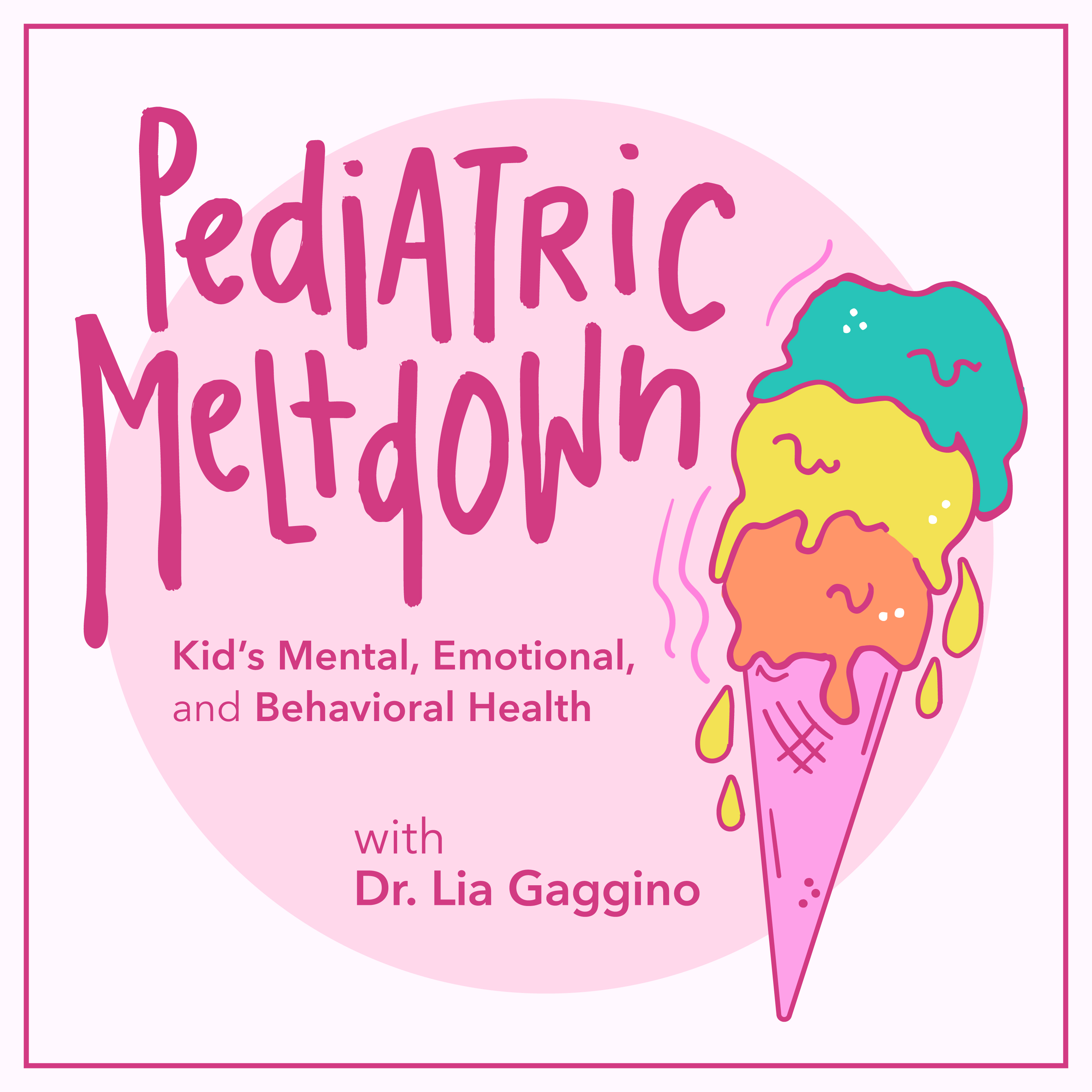
220. Bipolar Disorder in Youth Part 2: Medications and Monitoring
Podcast: Pediatric Meltdown
Autor:Lia Gaggino
How can we help teens with bipolar disorder manage their symptoms and transition successfully into adulthood? In this (part 2) episode of Pediatric Meltdown, host Dr. Lia Gaggino and child psychiatrist Dr. Jeanette Scheid discuss managing bipolar disorder in young adults during major life transitions. From medications for bipolar disorder in youth to support resources, they explore how parents and healthcare providers can identify early signs of a bipolar manic or depressive episode and implement effective treatments. Dr. Scheid shares practical strategies for maintaining stability, including sleep schedules, substance use prevention, and the vital role of college support services. Whether you're a healthcare provider or parent seeking to understand bipolar disorder treatment for teens, this conversation offers clear guidance for helping young people thrive. [00:33 -10:28] Critical Warning Signs and Transition Risks for Young Adults with Bipolar DisorderPoor sleep patterns often emerge as one of the earliest indicators of potential manic episodesEarly symptom recognition training for both parents and youth helps prevent severe episodesRegular psychoeducational conversations with everyone in the youth's support system enhance management successLiving independently introduces new challenges that require careful monitoring and support[10:29 - 19:29] FDA-Approved Medications for Youth Bipolar Disorder: A Primary Care Guide Key antipsychotics including aripiprazole, quetiapine, risperidone, olanzapine, asenapine, and lurasidone are FDA-approved, for adults with bipolar disorders. There are fewer medications approved for youth due to lack of clinical studies. No anti-seizure medications currently hold FDA approval for bipolar disorder in youth, though some are approved for adultsMost common lithium side effects include headache, nausea, increased thirst, and mild tremorsRegular thyroid function monitoring is essential, often requiring collaboration between pediatricians, endocrinologists, and psychiatrists[19:30 -39:22] Understanding Lithium Treatment in Youth Bipolar ManagementTherapeutic window for lithium is narrow, ranging from 0.6 to 1.2 milliequivalents per liter, requiring careful monitoring and frequent lab workDehydration and changes in salt balance can trigger dangerous lithium toxicity levelsFamily medical history plays a crucial role in treatment decisions, as demonstrated by cases where lithium proved more effective than second-generation antipsychoticsRegular lithium level monitoring (1-2 times yearly) is necessary for stable patients, with more frequent checks during dose adjustments[39:23 - 50:50] Building Knowledge Bridges: What Primary Care Needs to Know About Youth Bipolar CareUtilizing child psychiatry access programs as learning resources for medication managementUnderstanding safety profiles of common medications, even when not directly prescribingRecognition of medication effects similar to monitoring diabetes care in primary practiceValue of ongoing consultation with psychiatric specialists for medication questions[50:51 - 1:04:37] Closing segment TakeawayLinks to resources mentioned on the showResources Part 1:AACAP Facts for Families: Facts for...
Fecha de Publicación: 13 de noviembre de 2024
Duración: 1 hr 2 min
Añadir a Playlist

Episodios Relacionados
-
249. The Pediatric Meltdown Podcast: Behind the Scenes junio 4, 2025
-
248. Conversation with My Daughter: Soft Body Baddie mayo 28, 2025
-
247. Human Trafficking: What Pediatric Clinicians Must Know mayo 21, 2025
-
246. Pediatric Psychopharmacology: Tips for Prescribers mayo 15, 2025
-
245. When Sadness Looks Like Anger: Rethinking Pediatric Depression and Behavioral Activation mayo 7, 2025